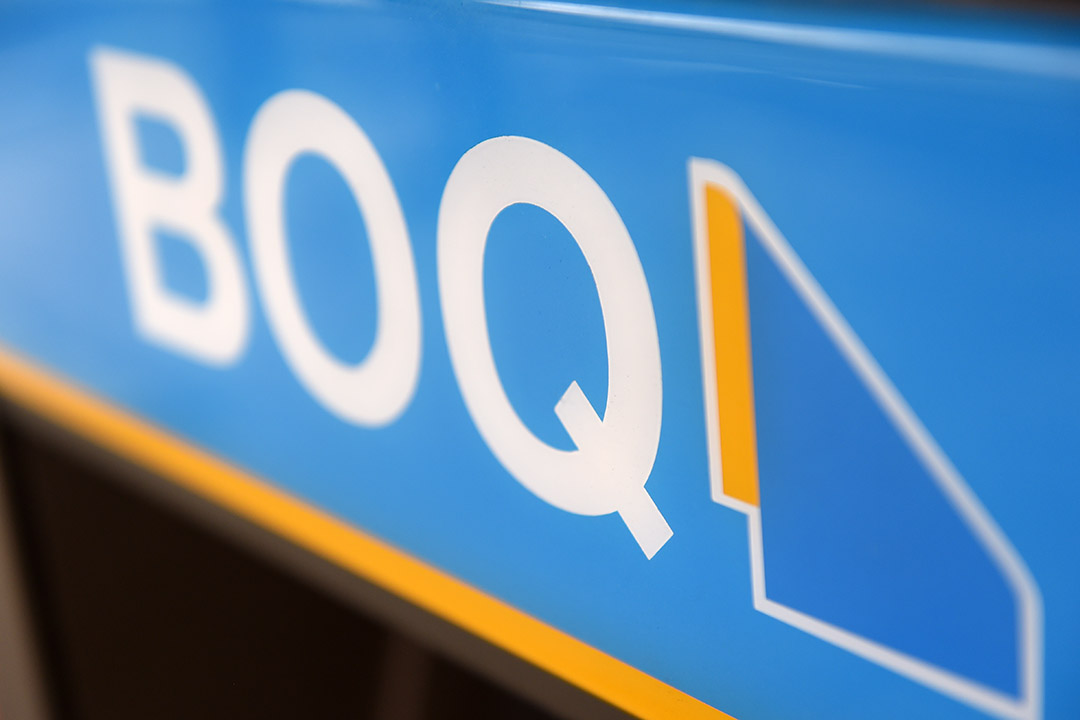

New CEO George Frazis will be breathing a small sigh of relief at the response by the market to Bank of Queensland’s (BOQ) full year profit result yesterday. On an otherwise lacklustre day, BOQ’s shares rose by 33 cents or 5.2% to finish at $6.73. Since bottoming during the height of the Covid-19 market meltdown at $4.51 in late March, the shares have rallied almost 50%.
But for shareholders who can recall the days just a few years’ back when BOQ was trading near $14, the recent rally is small comfort. BOQ has been a “dog” of a stock. Shareholders are paying the price for years of poor leadership, misguided aspirations and critically, woeful under investment and mismanaged investment in technology.
Commonwealth Bank is the leading bank in Australia in part because it has been the most astute and disciplined at investing in technology, while BOQ is at the other end of the spectrum – amongst the worst of the banks, if not the worst. And the share price performances reflect this.
Since taking over as CEO in September 2019, Frazis has embarked on a strategy to transform the bank and drive business momentum through revenue growth. Key elements include a wholly refreshed management team, product and process simplification, and digital transformation involving increased capital expenditure. A key element of this is a new core banking system, starting initially with the Virgin Money business, with potential to expand to the traditional BOQ retail and business banks.
Implementing a project of this magnitude takes many years and requires disciplined execution. The first phase, a soft launch for Virgin Money of transaction accounts and credit cards, is on track for December 2020. If all goes to plan, the business bank will get full access to the platform sometime in FY24.
Translating investment in technology, process and people into revenue growth takes time, and the jury is still very much out on whether Frazis and his team will succeed. But there are some promising signs.
In the year to 31 August:
A Covid-19 provision of $133m ($123m in the second half) knocked the stuffing out of the result, and cash operating profit fell by 30% to $225m for the year. For the second half, it fell to just $74m.
But this was better than the market had expected by about $15m, as was the full year dividend of 12 cents per share.
Also assisting market sentiment was a more optimistic tone in regard to next year, with the Bank saying that is expected for FY21 “broadly neutral jaws (this means revenue and expense growth of about 2% each), with above system growth in lending, and a decline in net interest margin managed to within 2 to 4 basis points.”
On Covid-19 and the pain its customers are suffering, BOQ said that home loan payment deferrals were down to 12% of balances from a peak of 15% in April 2020. With business loans, 16% of SME customers were currently on deferral, down from a peak of 18%. Interestingly, 37% of deferrals relate to healthcare and dental businesses, with BOQ having minimal exposure to accommodation and food services, including tourism.
What do the brokers say?
Going into the result, the major brokers were neutral on the stock, with most seeing some risk of downside. According to FN Arena, for the 7 major brokers, there was 1 buy recommendation and 6 neutral recommendations. The consensus target price was $5.91, about 12% lower than Wednesday’s closing price. The range on target prices was a low of $5.50 (Macquarie, Morgans and Credit Suisse) to a high of $7 (Citi).
Over the next couple of days, we will probably see some small upgrades to target prices as the immediate earnings outlook is a touch higher than forecast. However, given the Covid-19 uncertainty, particularly in regard to the adequacy of the provisioning. It is unlikely that there will be any sharp upward revaluations.
Bottom line
It’s early days still for the new BOQ leadership team, and while there are some encouraging signs, it looks very much like a “work in progress”. Some good headway is being made on process simplification and building sales momentum, but whether it is much more than “picking off the low hanging fruit” is hard to say.
The challenge I have with BOQ is that I can’t quite see how it differentiates its customer proposition from the major banks, and given that they have advantages in scale and access to deposits and capital, why you would buy BOQ in preference (unless it was horribly cheap). It may have been, but I don’t think it is any more. BOQ is a watching brief. Interestingly, it remains one of the most shorted stocks on the market. According to the latest ASIC data, it is in 8th position overall with 7.6% of its ordinary shares (34.7 million) sold short. It will be interesting to see if the short sellers decide to take any action.